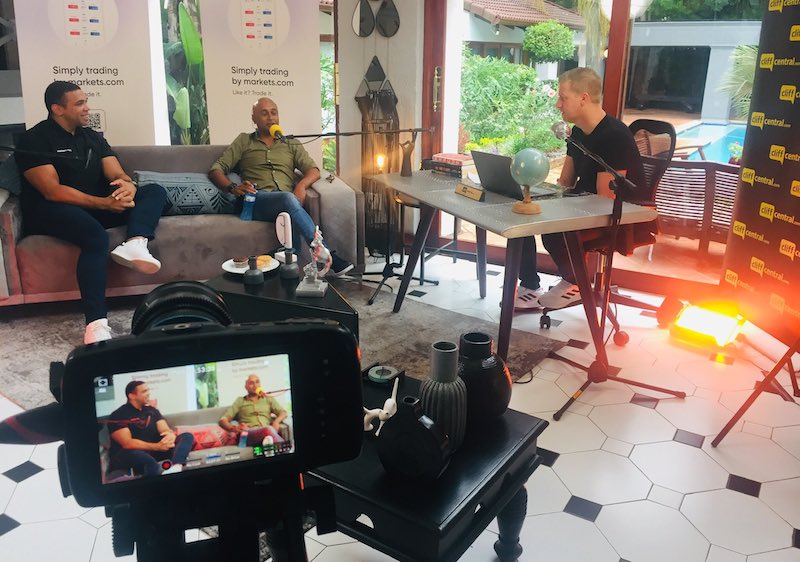What Will Replace Reading?
For the last 100-500 years (depending on what part of the world you’re from), reading and writing have been upheld as the best means of communicating great ideas, confirming important agreements, recording our stories and sharing information with wide audiences. Before that, for tens of thousands of years, we listened and talked to each other.
The only reason that writing and reading became more hallowed and respected than the oral traditions was because it was easier to prove something if it was written down. There was no way to record the spoken word very accurately, and things like tone and delivery were nearly impossible to describe. Thanks to the world of mobile technology and sound and video recording, we can start communicating great ideas, confirming important agreements, recording our stories and sharing information with wide audiences the way we always wanted to.
As TechCrunch reported this week (https://techcrunch.com/2017/04/14/can-podcasting-save-the-world/), podcasting is replacing long-form journalism for smart, mobile, early adopters and is becoming the preferred method for information transfer for people too busy to read 10 000-word articles. As print media starts to lose its prominence and usefulness, so audio (more than video) content will steadily take its place. I say this with no love or joy – I take great delight in the written word, am a confirmed bibliophile and believe ardently that reading and writing will never die, but it will change. Radio survived the advent of television because of commuter traffic (you couldn’t watch TV or read a magazine while driving, but you could listen to radio while doing other things), and podcasting similarly, can be taken into environments where they don’t require your undivided attention. You could listen to a history podcast while cutting up vegetables for dinner, or hear a fascinating interview while you’re on the treadmill.
For many people, podcasts exist to improve their mind, widen their understanding of the world, or take them on journeys of discovery – meeting people and going to places that they’d never get to experience in the first person. They can also be entertaining, comforting, inspiring, empowering or useful. You can learn French, hear a philosophical debate, follow a gripping fiction or laugh at outrageous comedy and all of it can be a tremendously private experience. After almost 20 years as a broadcaster, it feels like we’re amplifying the best stuff and throwing away the stuff we didn’t need or like.
Podcasts will of course become increasingly niched, as will all content – essentially the individual will select and edit their own subscriptions independently – and that’s exactly how it should be. Just as people who believe in free expression wouldn’t want anyone censoring them, a listener can finally become their own content curator – and it has taken a few thousand years to reach this point.
To find out more about creating podcasts for your brand, contact sales@cliffcentral.com


